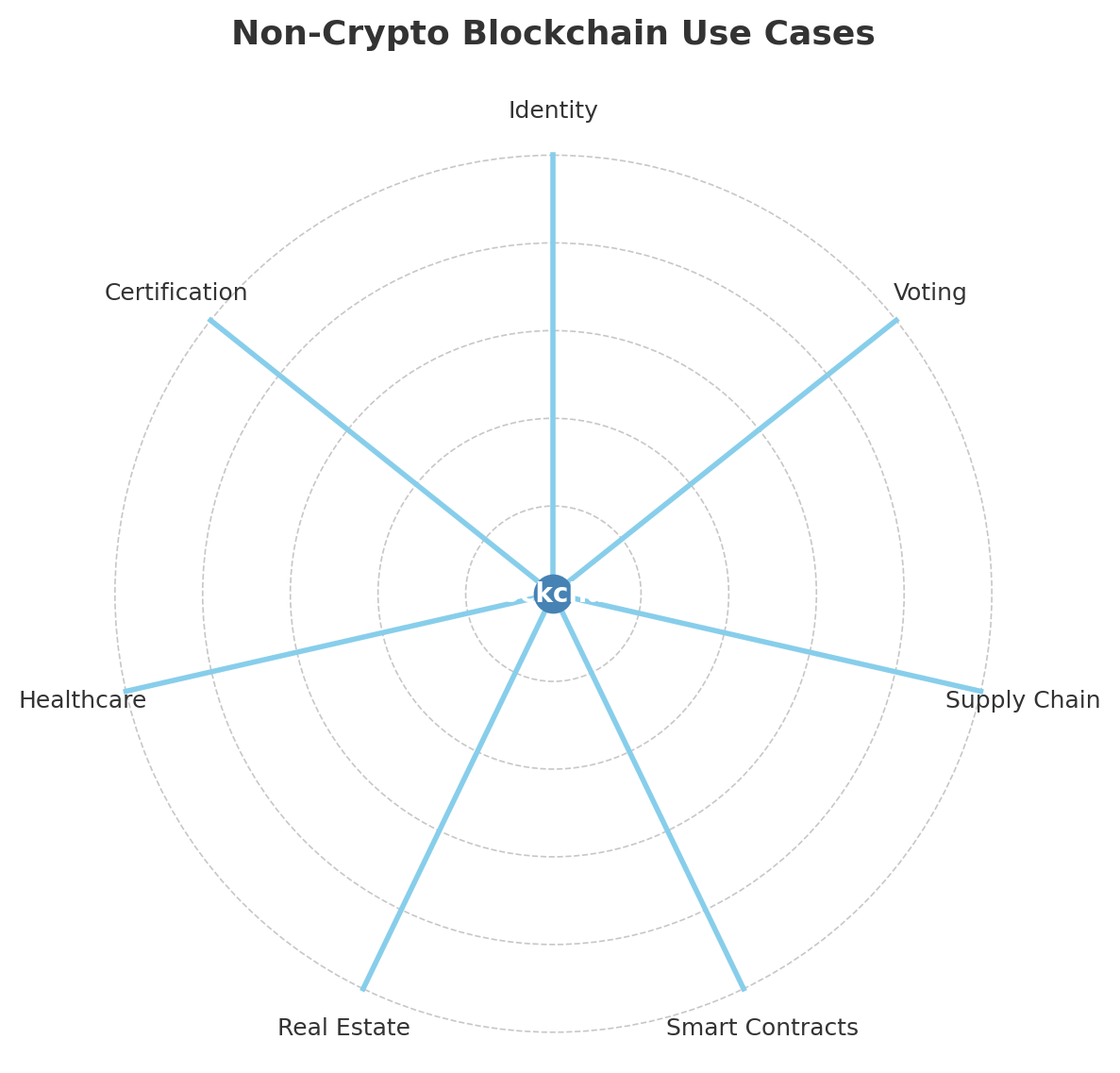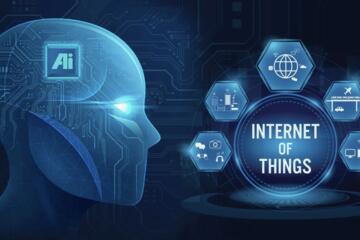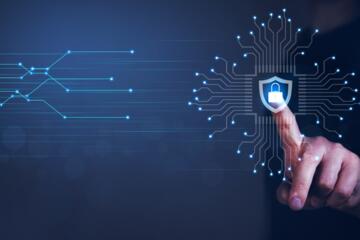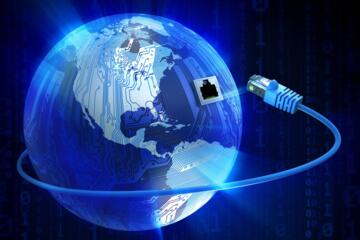When most people hear "blockchain," they think of Bitcoin or Ethereum—volatile cryptocurrencies making headlines for their highs and crashes. But blockchain is not about getting rich quickly or mining coins. At its core, blockchain is a technological revolution in how we manage trust, ownership, and coordination online.
As we move deeper into the digital age, traditional systems for verifying identity, tracking ownership, and enforcing agreements are struggling to keep up. They’re centralized, prone to breaches, and often opaque. Blockchain offers a radically different approach—a decentralized, transparent, and tamper-proof way to store and share information. Its potential stretches far beyond finance into supply chains, healthcare, governance, and the very infrastructure of the future Internet.
Understanding blockchain beyond crypto is not just about learning a technology—it's about understanding the foundation of the next-generation digital society.
🧠 What Is Blockchain, Really?
At its simplest, blockchain is a distributed digital ledger. Instead of storing data in a single server or central database, it stores identical copies of information across a network of nodes. These nodes validate transactions using consensus mechanisms like proof-of-work or proof-of-stake.
Once added, data on the blockchain is:
-
Immutable – cannot be changed retroactively
-
Transparent – can be viewed and verified by anyone
-
Decentralized – no single authority controls it
🌐 Where Is Blockchain Being Used Now?
Here are some powerful use cases where blockchain is changing industries:
✅ Supply Chain Transparency
-
Projects like IBM Food Trust let companies trace every step of a product’s journey, from farm to shelf. This combats fraud, boosts consumer trust, and improves logistics.
✅ Decentralized Identity (DID)
-
Systems like Microsoft Entra and Sovrin let users control their own digital identity—without relying on Facebook or Google. You own your credentials and can prove things (like your age or degree) without revealing unnecessary personal info.
✅ Digital Voting
-
Pilots in countries like Estonia and Switzerland are testing secure, verifiable voting platforms on blockchain to fight fraud and boost participation.
✅ Smart Contracts
-
Platforms like Ethereum allow self-executing contracts: "If X happens, do Y." This eliminates the need for intermediaries in agreements—whether for insurance, rentals, or royalties.

📈 Blockchain's Future: Building the Next Internet
The long-term vision of blockchain isn’t limited to isolated use cases—it’s about rebuilding the infrastructure of the Internet itself.
This vision often overlaps with:
-
Web 3.0 – A decentralized web where users own their content, data, and identity.
-
Metaverse – Virtual worlds with user-owned assets secured via blockchain (e.g., NFTs).
-
Decentralized Finance (DeFi) – Replacing banks and brokers with code and communities.
These trends point toward a more user-centric, transparent, and interoperable digital ecosystem.

🧾 Conclusion: Rethinking Trust in the Digital Age
Blockchain isn't just a tool for speculative assets—it's a new foundation for trust in a digital-first world. By removing intermediaries, enabling verifiable ownership, and empowering users, blockchain is quietly transforming how we vote, verify, create, and collaborate.
As the technology matures, the most important applications may not be financial—but civic, educational, and social. Understanding blockchain beyond crypto means recognizing its role in building a more transparent, decentralized, and resilient Internet—for everyone.






